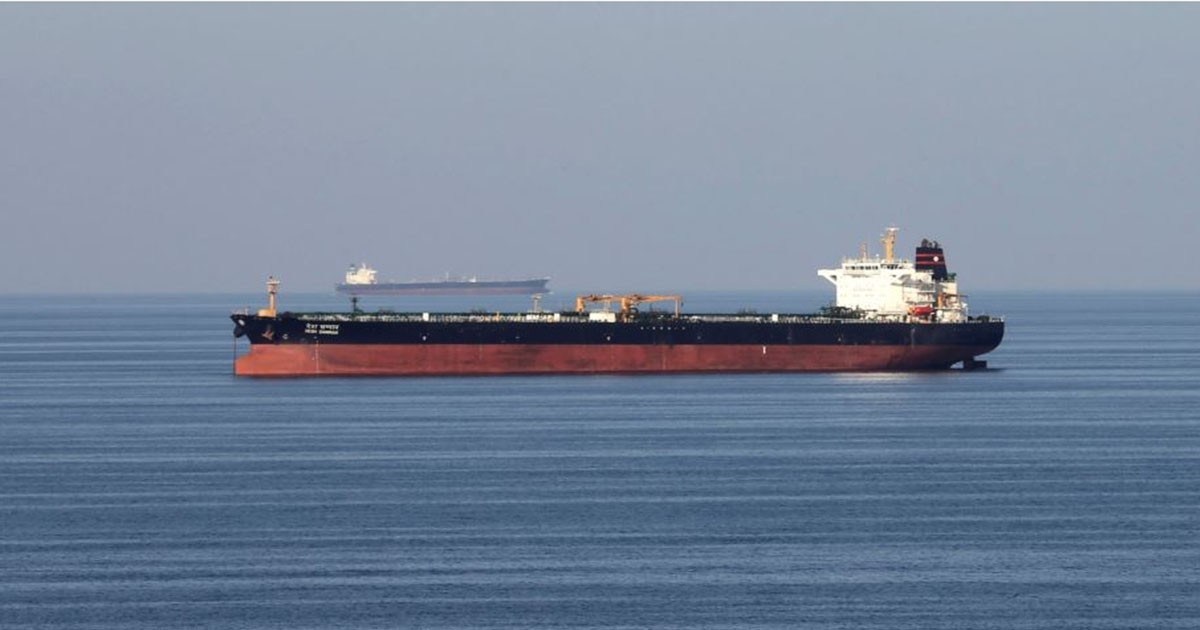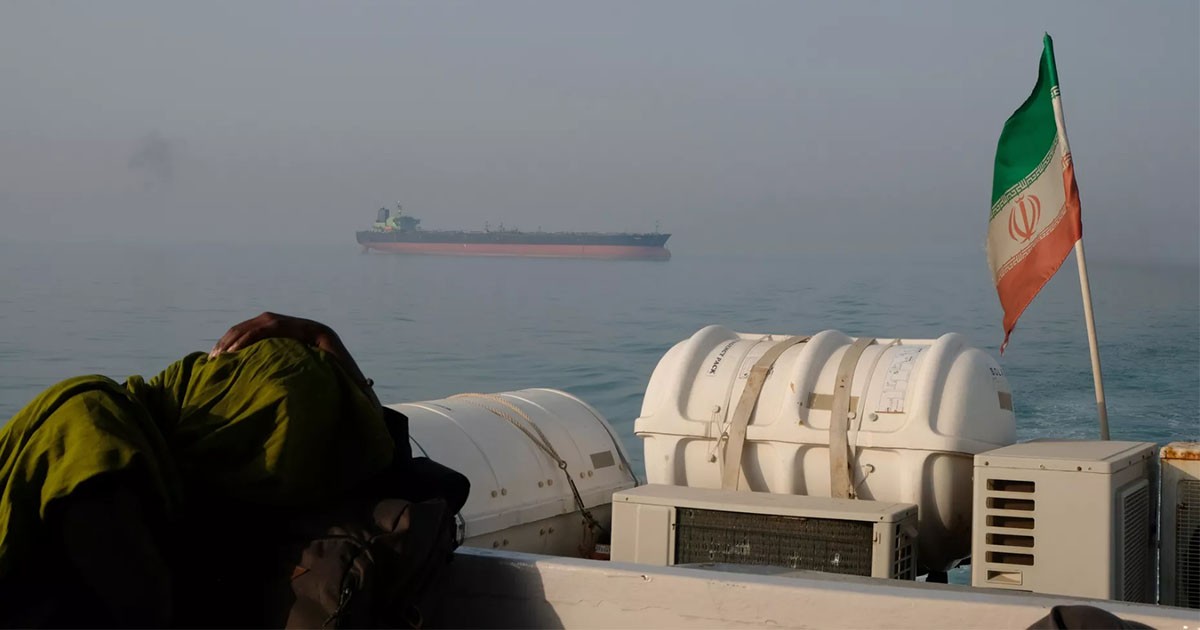Beijing said Monday it has an “inherent right” to patrol the waters near disputed islands in the East China Sea, after a confrontation with a Japanese fishing boat in the territory.
The flashpoint islands — called Senkaku in Japan and known in China as the Diaoyus — are a point of ongoing tension between Tokyo and Beijing.
On Friday, two Chinese ships chased away a Japanese fishing boat in the waters, before the Japan Coast Guard, in turn, ordered the Chinese vessels to leave.
Several patrol ships from the Japan Coast Guard were deployed to safeguard the fishing boat, a spokesman told AFP on Sunday.
Read more: Countering China: US, Japan and India push for open Asia
But Beijing said Monday that the fishing boat was “illegally operating…in China’s territorial waters.”
Foreign ministry spokesman Zhao Lijian said the Chinese Coast Guard “tracked and monitored” the boat, asked it to leave, and then “resolutely responded to the illegal interference of the Japanese Coast Guard vessel.”
China raps Japan's fishing boat for illegally operating in territory
BEIJING (Kyodo) — The Chinese Foreign Ministry on Monday criticized a Japanese fishing boat for having "illegally" operated in the country's territorhttps://t.co/Kf0tut12Nd#NEWS pic.twitter.com/X8IzJIqjrx
— 突发新闻 (@33newsking) May 11, 2020
China lodged “solemn representations” with Japan over the incident, he said.
“I would like to stress that the Diaoyu island and its affiliated islands are China’s inherent territory,” said Zhao.
“It is China’s inherent right to conduct patrol and law enforcement in waters off the Diaoyu island.”
Tokyo also lodged an official protest with Beijing over the incident, Japanese media reported.
The Japanese government has long complained about China’s routine dispatch of its coast guard ships to waters surrounding the islands.
Relations between China & Japan
Relations between Japan and China deteriorated in 2012 when Tokyo “nationalized” some of the disputed islets and tensions still flare-up over the issue.
China and Japan exert the greatest amount of influence over their neighbors in East Asia. Cooperation between the two economic giants remains robust in trade, foreign direct investment (FDI), tourism, and cultural and educational exchanges while their rivalry has grown with regard to military modernization, political discourse, and cybersecurity. The disputed island is one of the major bone of contention between China and Japan.
The complexity of Sino-Japanese relations stems in part from the fact that they have different political and economic systems as well as historical and cultural differences.
“The coronavirus epidemic has also revealed cracks in economic ties between Tokyo and Beijing, which are still the ballast for their rocky strategic relationship.” @SheilaSmithCFR on the impact of COVID-19 on China-Japan relations: https://t.co/9d94lIxKgO pic.twitter.com/QWjAbxpmRb
— ChinaFile (@ChinaFile) April 30, 2020
They are also bound by the presence of neighbors in Northeast Asia that rival each other one way or another – North Korea, South Korea, and Taiwan – as well as powerful states with regional stakes – Russia and the United States – all of which make the region inherently prone to instability.
Read more: EU and Japan team up to counter China’s ‘new Silk Road’
To further complicate issues, the region was thrust into a period of transition after the election of Donald Trump in November 2016. The disputed island is confrontation between China and Japan. The US-dominant structure that had held the region together since the end of the Cold War began quickly eroding under Trump’s Asia policy, or lack thereof.
Mired in one self-inflicted domestic crisis after another, Trump remains generally opposed to a large-scale commitment to East Asia, essentially offering China an incentive to be more revisionist and act with less constraint, while making statements drastically different from past presidents about North Korea and Taiwan.
The main question I pursue in this chapter, given the changing circumstances, is how stable Sino-Japanese relations are likely to be for the next few years.
Zhao said Tokyo should “avoid creating new incidents on the Diaoyu Islands issue” in the future.
AFP with additional input from GVS News Desk














